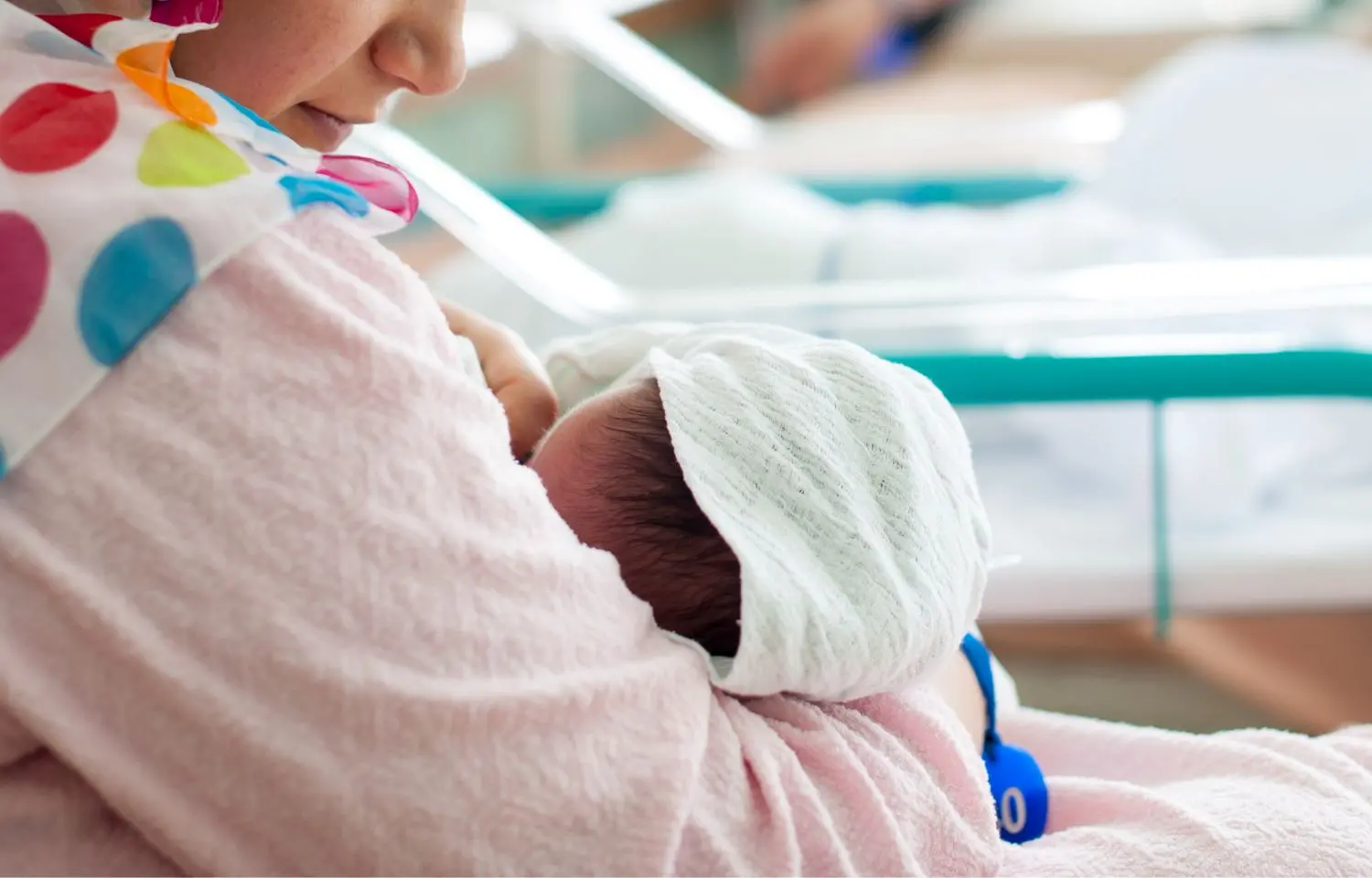- Home
- Medical news & Guidelines
- Anesthesiology
- Cardiology and CTVS
- Critical Care
- Dentistry
- Dermatology
- Diabetes and Endocrinology
- ENT
- Gastroenterology
- Medicine
- Nephrology
- Neurology
- Obstretics-Gynaecology
- Oncology
- Ophthalmology
- Orthopaedics
- Pediatrics-Neonatology
- Psychiatry
- Pulmonology
- Radiology
- Surgery
- Urology
- Laboratory Medicine
- Diet
- Nursing
- Paramedical
- Physiotherapy
- Health news
- Fact Check
- Bone Health Fact Check
- Brain Health Fact Check
- Cancer Related Fact Check
- Child Care Fact Check
- Dental and oral health fact check
- Diabetes and metabolic health fact check
- Diet and Nutrition Fact Check
- Eye and ENT Care Fact Check
- Fitness fact check
- Gut health fact check
- Heart health fact check
- Kidney health fact check
- Medical education fact check
- Men's health fact check
- Respiratory fact check
- Skin and hair care fact check
- Vaccine and Immunization fact check
- Women's health fact check
- AYUSH
- State News
- Andaman and Nicobar Islands
- Andhra Pradesh
- Arunachal Pradesh
- Assam
- Bihar
- Chandigarh
- Chattisgarh
- Dadra and Nagar Haveli
- Daman and Diu
- Delhi
- Goa
- Gujarat
- Haryana
- Himachal Pradesh
- Jammu & Kashmir
- Jharkhand
- Karnataka
- Kerala
- Ladakh
- Lakshadweep
- Madhya Pradesh
- Maharashtra
- Manipur
- Meghalaya
- Mizoram
- Nagaland
- Odisha
- Puducherry
- Punjab
- Rajasthan
- Sikkim
- Tamil Nadu
- Telangana
- Tripura
- Uttar Pradesh
- Uttrakhand
- West Bengal
- Medical Education
- Industry
Supplementing human breast milk with bovine formula not associated with increased morbidity

Supplementing human breastmilk with bovine formula is not associated with increased morbidity suggests a new study published in the JAMA Network Open
The effect of using an exclusive human milk diet compared with one that uses bovine products in preterm infants is uncertain, but some studies demonstrate lower rates of key neonatal morbidities. A potential mediating pathway is the gut microbiome.
In this randomized clinical trial conducted at 4 neonatal intensive care units in the United Kingdom from 2017 to 2020, microbiome analyses were blind to group. Infants less than 30 weeks’ gestation who had only received own mother’s milk were recruited before 72 hours of age. Statistical analysis was performed from July 2019 to September 2021. Exclusive human milk diet using pasteurized human milk for any shortfall in mother’s own milk supply and human milk–derived fortifiers (intervention) compared with bovine formula and bovine-derived fortifier (control) until 34 weeks’ postmenstrual age. Fortifier commenced less than 48 hours of tolerating 150 mL/kg per day.
Results
Of 126 preterm infants enrolled in the study, 63 were randomized to control and 63 were randomized to intervention; 472 stool samples from 116 infants were analyzed.
There were no differences in bacterial richness or Shannon diversity over time, or at 34 weeks between trial groups.
The exclusive human milk diet group had reduced relative abundance of Lactobacillus after adjustment for confounders, but not after false discovery rate adjustment.
There were no differences in time to full feeds, necrotizing enterocolitis, or other key neonatal morbidities.
In this randomized clinical trial in preterm infants using human milk–derived formula and/or fortifier to enable an exclusive human milk diet, there were no effects on overall measures of gut bacterial diversity but there were effects on specific bacterial taxa previously associated with human milk receipt. These findings suggest that the clinical impact of human milk–derived products is not modulated via microbiomic mechanisms.
Reference:
Embleton ND, Sproat T, Uthaya S, et al. Effect of an Exclusive Human Milk Diet on the Gut Microbiome in Preterm Infants: A Randomized Clinical Trial. JAMA Netw Open. 2023;6(3):e231165. doi:10.1001/jamanetworkopen.2023.1165
Dr. Shravani Dali has completed her BDS from Pravara institute of medical sciences, loni. Following which she extensively worked in the healthcare sector for 2+ years. She has been actively involved in writing blogs in field of health and wellness. Currently she is pursuing her Masters of public health-health administration from Tata institute of social sciences. She can be contacted at editorial@medicaldialogues.in.
Dr Kamal Kant Kohli-MBBS, DTCD- a chest specialist with more than 30 years of practice and a flair for writing clinical articles, Dr Kamal Kant Kohli joined Medical Dialogues as a Chief Editor of Medical News. Besides writing articles, as an editor, he proofreads and verifies all the medical content published on Medical Dialogues including those coming from journals, studies,medical conferences,guidelines etc. Email: drkohli@medicaldialogues.in. Contact no. 011-43720751


